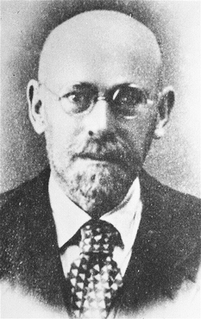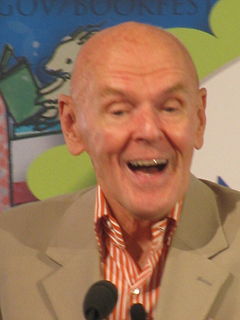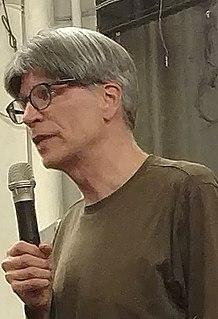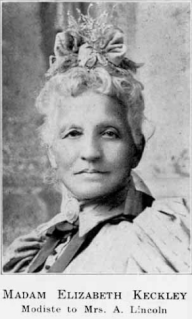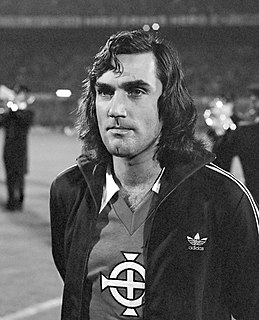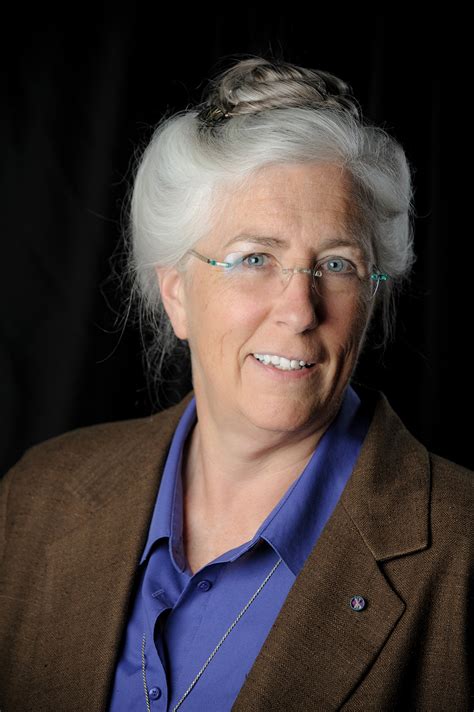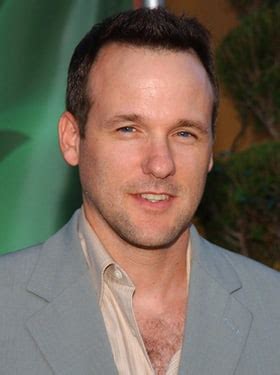Top 1200 Pages Quotes & Sayings - Page 3
Explore popular Pages quotes.
Last updated on December 22, 2024.
[Vathek] has, in parts, been called, but to some judgments, never is, dull: it is certainly in parts, grotesque, extravagant and even nasty. But Beckford could plead sufficient "local colour" for it, and a contrast, again almost Shakespearean, between the flickering farce atrocities of the beginning and the sombre magnificence of the end. Beckford's claims, in fact, rest on the half-score or even half-dozen pages towards the end: but these pages are hard to parallel in the later literature of prose fiction.
I give myself the luxury of time in shaping a song. It's very common for me to work three months or more on a single song. Plotting takes time and effort, for there are many false turns. I fill up pages and pages with my mistakes, thereby eliminating them. Eventually a trail is broken through this mountain of mistakes. Sometimes it's as easy as putting eggs in a basket; other times it's like trying to pound a ton of sand into a diamond.
My God, this novel makes me break out in a cold sweat! Do you know how much I've written in five months, since the end of August? Sixty-five pages! Each paragraph is good in itself and there are some pages that are perfect. I feel certain. But just because of this, it isn't getting on. It's a series of well-turned, ordered paragraphs which do not flow on from each other. I shall have to unscrew them, loosen the joints, as one does with the masts of a ship when one wants the sail to take more wind.
I really do believe that chance favours a prepared mind. Wallace Stegner, who was one of my teachers when I was at Stanford, preached that writing a novel is not something that can be done in a sprint. That it's a marathon. You have to pace yourself. He himself wrote two pages every day and gave himself a day off at Christmas. His argument was at the end of a year, no matter what, you'd got 700 pages and that there's got to be something worth keeping.
To find money to make a film, you have to write maybe 50 pages to explain what you'd like to do, what the film will be, but everybody lies. Because he doesn't know what the film will be. Everybody writes 50 pages and sends it to a TV channel, a producer, to get money, but everybody lies. Or else your film is not interesting.
I'm tempted to say, 'Writing treatments is like designing a film by hiring six million monkeys to tear out pages of an encyclopedia, then you put the pages through a paper-shredder, randomly grab whatever intact lines are left, sing them in Italian to a Spanish deaf-mute, and then make story decisions with the guy via conference call.' But no... compared to writing treatments, that makes sense, too.
Arthuriana has become a genre in itself, more like TV soap opera where people think they know the characters. All that's fair enough, but it does remove the mythic power of the feminine and masculine principles. So I prefer it in its original form, even if you have to wade through Mallory's 'Le Morte d'Arthur' - people smashing people for pages and pages! It still has the resonances of myth about it, which makes it work for me. I don't want to know if Mordred led an unhappy childhood or not.
A book is maybe about 350 pages, and the prose allows for readers to get a glimpse into the internal lives of the characters. A screenplay is 120 pages, and it's all dialogue and action. The pacing of films is different, the structure is often different, and the internal lives of the characters must come across through the acting. Movies are just a different experience than reading - so it just depends on what an individual prefers.
What would you do if you were me? Tell me. Please tell me! But you're far from this. Your fingers turn the strangeness of these pages that somehow connect my life to yours. Your eyes are safe. The story is just another few hundred pages of your mind. For me, it's here. It's now. I have to go through with this, considering the cost at every turn. Nothing will be the same.
Theratre is not like like in film and TV, where you have to stop and go back and keep redoing the same three pages for two hours. You get to go through the whole 80 pages of the script, which is incredible. You get to keep acting on the feelings you had just moments before. You don't have to psych yourself up for the scene. You can just go off what you were already feeling.
Simon's walls were covered in what looked like pages ripped from a comic book, but when I squinted, I realized they were hand drawn. Some were black-and-white, but most were in full color, everything from character sketches to splash panels to full pages, done in a style that wasn't quite manga, wasn't quite comic book.
If you have come to these pages for laughter, may you find it. If you are here to be offended, may your ire rise and your blood boil. If you seek an adventure, may this song sing you away to blissful escape. If you need to test or confirm your beliefs, may you reach comfortable conclusions. All books reveal perfection, by what they are or what they are not. May you find that which you seek, in these pages or outside them. May you find perfection, and know it by name.
If you're 50 years old or younger, give every book about 50 pages before you decide to commit yourself to reading it, or give it up. If you're over 50, which is when time gets shorter, subtract your age from 100 - the result is the number of pages you should read before deciding whether or not to quit. If you're 100 or over you get to judge the book by its cover, despite the dangers in doing so.
When you write comic books and when you are writing for television, you're not writing the end product, you are writing notes for someone else to make the end product essentially. My scripts are just directions for the artist to draw pages and the pages are what is seen. I kind of feel like it's a safety net, you're able to hide behind the art to a certain extent, and in television you're able to hide behind the actors and the production, but with novels, your words are it
To me, and I'm sure for other writers, too, characters come back and they relive again, but what about those characters who only live for a page or two? Or for five pages or 10 pages. I like to think they're still out there - still living - but for me they kind of die, too. It's kind of sad. I don't think about them anymore unless I give them life again.
Time passes, as the novelist says. The single most useful trick of fiction for our repair and refreshment: the defeat of time. A century of family saga and a ride up an escalator can take the same number of pages. Fiction sets any conversion rate, then changes it in a syllable. The narrator’s mother carries her child up the stairs and the reader follows, for days. But World War I passes in a paragraph. I needed 125 pages to get from Labor Day to Christmas vacation. In six more words, here’s spring.
This is the free enterprise system. The only place in the world that I can recall where companies never failed was the old Soviet Union. This is what investors do in free enterprise and capitalism system. [...[ And, yes, free enterprise system can be cruel. But the problem with this administration is that small businesses are the one who had suffered the most, the kind that need investors, the kinds that don't need the hundreds of pages, thousands of pages of regulations that continue to plague them and have them hold back on the hiring investment.
Though I leave the house as little as possible, I have the impression that someone is disturbing my papers. More than once I have discovered that some pages were missing from my manuscripts. A few days afterward I would find the pages in their place again. But often I no longer recognize my manuscripts, as if I had forgotten what I had written, or as if overnight I were so changed that no longer recognized myself in the self of yesterday.
I've got pages and pages of snippets of stuff, and if Max [Hershenow] sends me a track to write to I'll go through all the stuff and the initial reaction of gut and how it makes me feel and I'll sort of go from there and start pulling my favourite pieces of my lyrics and that will be a very literal word collage and from there I'll sculpt it for and whatever reason the song sort of presents itself. It's a bizarre process.
If you can stand to wait 24 hours before you decide the fate of what you have written - either good or bad - you're more likely to see that invisible thing that is invisible for the first few days in any new writing. We just can't know what all is in a sentence until there are several sentences to follow it. Pages of writing need more pages in order to be known, chapters need more chapters.
When I was fifteen I wrote seven hundred pages of an incredibly bad novel - it's a very funny book I still like a lot. Then, when I was nineteen I wrote a couple hundred pages of another novel, which wasn't very good either. I was still determined to be a writer. And since I was a writer, and here I was twenty-nine years old and I wasn't a very good poet and I wasn't a very good novelist, I thought I would try writing a play, which seems to have worked out a little better.
It was her first book, an indigo cover with a silver moonflower, an art nouveau flower, I traced my finger along the silver line like smoke, whiplash curves. ... I touched the pages her hands touched, I pressed them to my lips, the soft thick old paper, yellow now, fragile as skin. I stuck my nose between the bindings and smelled all the readings she had given, the smell of unfiltered cigarettes and the espresso machine, beaches and incense and whispered words in the night. I could hear her voice rising from the pages. The cover curled outward like sails.
We need to enact fundamental tax reform. The weight and complexity of our 73,000-page tax code are crushing everyday Americans. We need to radically simplify the tax code so that we can re-start the real engine of growth in our economy. That means our tax code needs to go from 73,000 pages down to about three pages.
I might spend 100 pages trying to get to know the world I'm writing about: its contours, who are my main characters, what are their relationships to each other, and just trying to get a sense of what and who this book is about. Usually around that point of 100 pages, I start to feel like I'm lost, I have too much material, it's time to start making some choices. It's typically at that point that I sit down and try to make a formal outline and winnow out what's not working and what I'm most interested in, where the story seems to be going.
I have said, and I repeat, at the risk of appearing sacrilegious, that the gas chambers are a detail of the history of the Second World War... If you take a book of a thousand pages on the Second World War, in which 50 million people died, the concentration camps occupy two pages and the gas chambers ten or 15 lines, and that's what's called a detail.
The burning of a book is a sad, sad sight, for even though a book is nothing but ink and paper, it feels as if the ideas contained in the book are disappearing as the pages turn to ashes and the cover and binding--which is the term for the stitching and glue that holds the pages together--blacken and curl as the flames do their wicked work. When someone is burning a book, they are showing utter contempt for all of the thinking that produced its ideas, all of the labor that went into its words and sentences, and all of the trouble that befell the author . . .
I try to weave a secret into each plot. It's the thread that holds the rest of the story fabric together. In fact, it's the reason for the story. I hint at the secret early on. Immediately I want the reader to get the feeling that something here isn't quite right. It helps maintain the suspense if a puzzling element is introduced in the first few pages of the book, but the answer isn't revealed until the final ones. Hopefully, readers want to know what the heck is really going on, and it's the desire to find out that keeps them turning pages.














